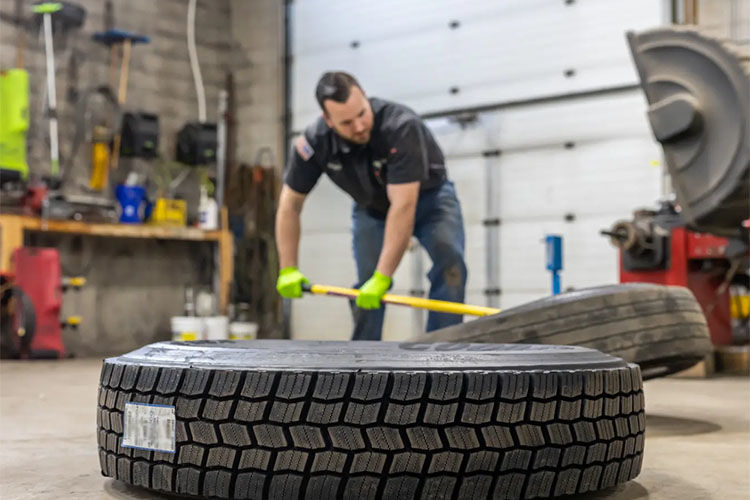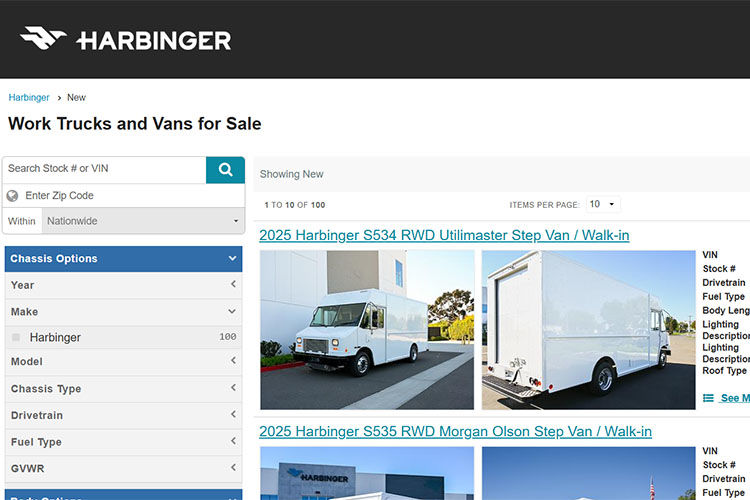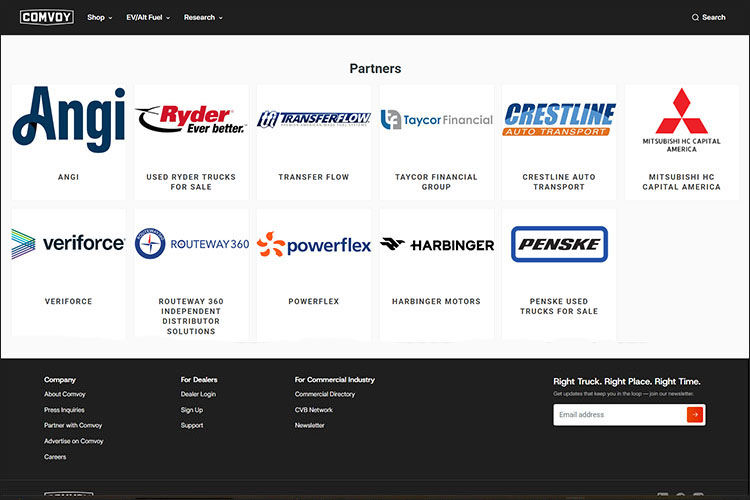Connecting The Dots for Fleet Sustainability Strategies

Connecting The Dots for Fleet Sustainability Strategies
There is a significant drive for the commercial vehicle industry to transition to more sustainable fleets. While innovative technologies like commercial EVs and hydrogen fuel vehicles are emerging to reduce the carbon footprint of commercial transportation, stakeholders embarking on this green transition are confronted with a myriad of challenges.
Stakeholders include every organization involved in manufacturing, upfitting, selling, and operating net-zero vehicles and everything in between. All of the stakeholders involved in the decarbonization of commercial transportation must begin to address, in a holistic way, strategies for vehicle insurance, financing, TCO, and eventually remarketing, which are unique to these new types of vehicles.
Much discussion and education are necessary before product providers and end-users are adequately prepared to successfully deploy the technologies being imposed on them.
“We see companies thinking it’s going to be a one-for-one swap, like, ‘Okay, I’m bringing in this EV to replace this [diesel] truck’,” says Gregory Skinner, VP of Auto and Mobility at Escalent. “But it’s not that easy. You really have to change the way you do business.”
At the Commercial Vehicle Business Summit Spring 2024, Gregory Skinner led a discussion panel with contributions from Christina Ameigh from Lion Electric, Jill Trotta from 5801 Consultants, and Sidney Miller from Midway Ford, delving into crucial topics within the commercial vehicle industry and the shift toward zero-emission vehicles. Their discussion also underscored the significance of incorporating advanced technologies and telematics to enhance fleet operations and the importance of robust support systems to sustain these technologies. The diverse viewpoints of the panelists provided a comprehensive analysis of the current and prospective trends in the industry.
Watch the full discussion here:
SHOP ADVANCED FUEL VEHICLES NOW
PREVIOUS ARTICLEOvercoming Challenges in Fleet Electrification with Simulation Tools
NEXT ARTICLE Shyfting Gears: How Shyft Group’s BlueArc and Utilimaster Are Powering the Future of Commercial Vehicles


 Driving Business Growth Through Financial Flexibility: How You Buy Your Truck Matters
Driving Business Growth Through Financial Flexibility: How You Buy Your Truck Matters The Comvoy 2026 Event Calendar: We’ll See You There
The Comvoy 2026 Event Calendar: We’ll See You There Wheel Safety Is Your Business: How to Protect Your Fleet and Your Bottom Line
Wheel Safety Is Your Business: How to Protect Your Fleet and Your Bottom Line Harbinger Electric Step Vans and Cab Chassis Vehicles Now Available on Comvoy
Harbinger Electric Step Vans and Cab Chassis Vehicles Now Available on Comvoy Comvoy’s Partner Network: Your Shortcut to Smarter Fleet Solutions
Comvoy’s Partner Network: Your Shortcut to Smarter Fleet Solutions






